Product Name: Aluminum Forging
Product Type: Metal Forging
Material: Aluminum
Shape: Customized
Surface Treatment: Anodizing, Powder Coating, Spray Painting, Polishing
Production Process: Die Casting, Press Forging
Advantages:
1. High strength-to-weight ratio
2. Superior mechanical properties
3. Enhanced resistance to fatigue and wear
4. Tight dimensional tolerances
5. Cost-effective production
| Color | Silver |
|---|---|
| Material | Aluminum |
| MOQ | 1 Pcs |
| Sample | Available |
| Place of Origin | China |
Product Details
MINGYU Tech. is a leading manufacturer of precision forged aluminum materials for the aerospace and defense industry. Our fully integrated manufacturing process, from design to finishing, ensures our products meet the highest standards of quality, reliability and performance. With over 20 years of experience and advanced forging technology, we can produce complex and precision components for critical applications. Our commitment to technological advancement and continuous improvement makes us a trusted partner to leading aerospace and defense companies.
forged aluminum materials is a manufacturing process that involves shaping aluminum alloys into customized parts and components through the application of compressive force. The process involves heating the aluminum to a specific temperature and then using extreme pressure to force it into a specific mold or die. This results in a uniform and strong end product that is highly durable and resistant to wear and tear.
At MINGYU Tech, we specialize in forged aluminum materials and have years of experience in producing high-quality parts and components for various industries. Our state-of-the-art equipment and skilled technicians allow us to provide our clients with top-notch products that meet their exact specifications.
| Place of Origin | China |
| Material | Metal Aluminium Steel Copper Brass |
| Process | Forging+machining+HT+finish Machining |
| Surface treatment | Polishing |
| Application | Machinery Parts |
| Product name | forged aluminum materials |
| Certificate | TS16949/ISO9001 |
| Color | Customized Color |
| Quality Control | 100% Inspection |
| Lead Time | 19-38 Days |
| MOQ | 1 Piece |
| Supply Ability | 193652 Piece/Pieces per Month |
| Quantity (pieces) | > 528 |
| Lead time (days) | To be negotiated |
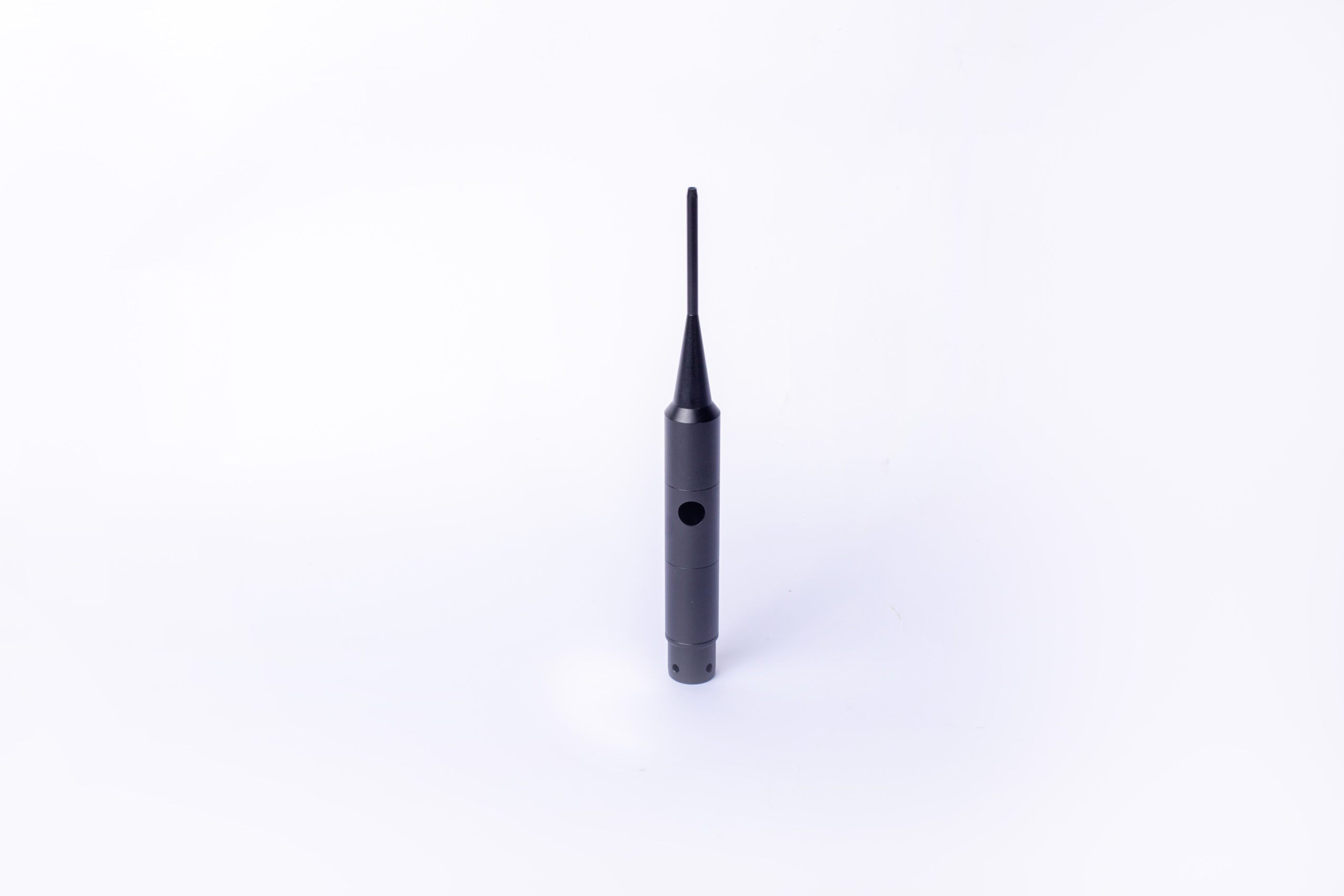
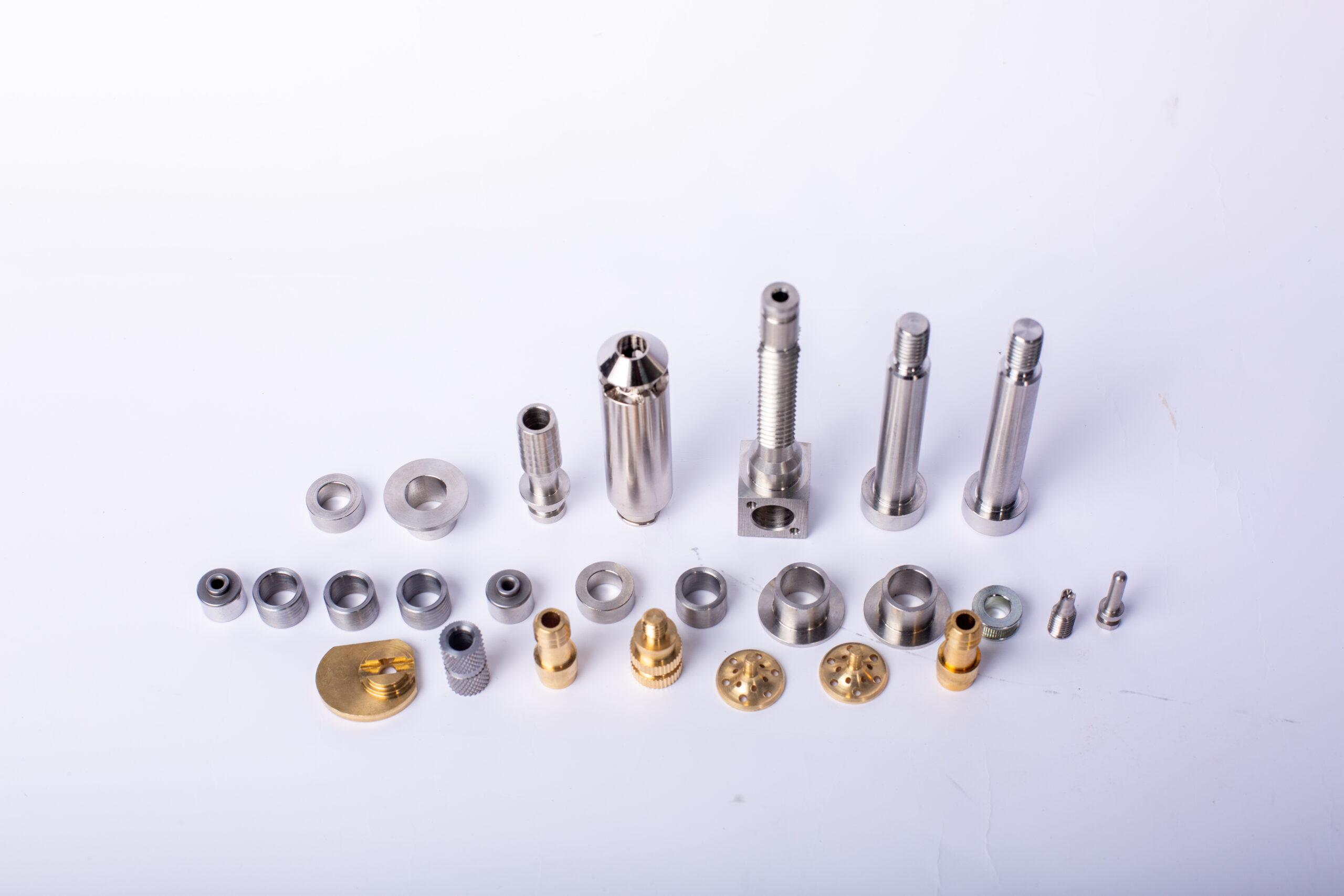
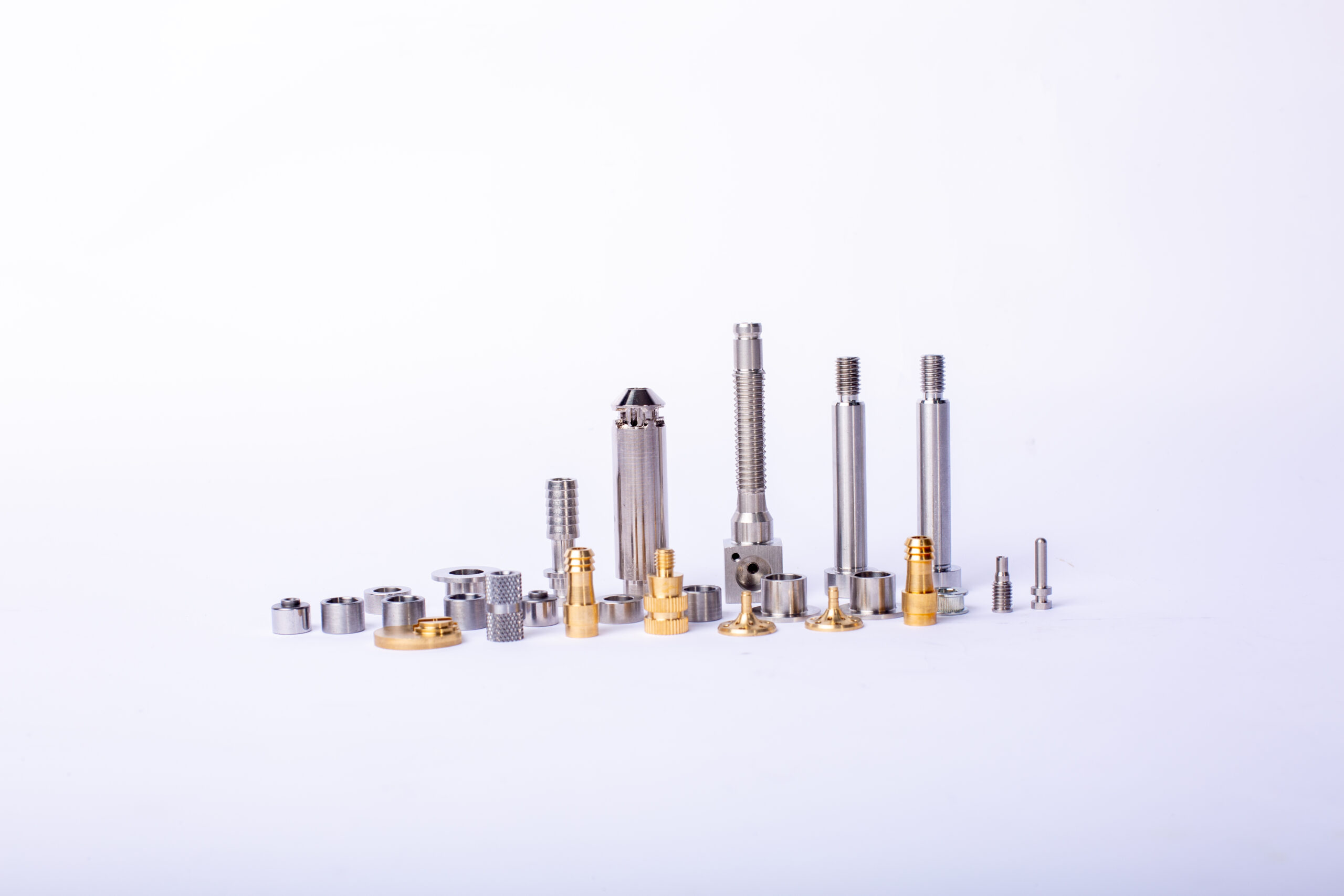
forged aluminum materials FAQs Guide.
Our company is dedicated to providing high-quality forged aluminum materials products to meet the needs of various industries. With advanced technology and skilled craftsmanship, we have become a leading manufacturer in the field of forged aluminum materials. Our products are widely used in aerospace, automotive, and construction industries, just to name a few. We take great pride in our products as they are not only durable and reliable, but also lightweight and eco-friendly. Through this introduction, we hope to showcase the versatility and excellence of our forged aluminum materials products. Thank you for choosing us as your trusted provider of top-notch forged aluminum materials products.
1.What safety precautions should be taken when working with hot aluminum during the forging process?
We focus on providing high forged aluminum materials quality products and services.
1. Wear protective clothing, such as heat-resistant gloves, long sleeves, and safety glasses.
2. Use tongs or other tools to handle the hot aluminum.
3. Ensure that the work area is well-ventilated and free of combustible materials.
4. Have a fire extinguisher nearby in case of an emergency.
5. Keep a bucket of water nearby to cool down the aluminum if necessary.
6. Use a heat shield to protect yourself from the heat of the aluminum.
7. Do not forge aluminum near any open flames or sparks.
8. Do not forge aluminum in an enclosed space.
9. Do not forge aluminum near any combustible materials.
10. Make sure to keep the aluminum away from any flammable liquids.
2.Can forged aluminum materialss be joined with other materials?
Yes, aluminum forgings can be joined with other materials using various methods such as welding, brazing, riveting, and adhesive bonding.
3.How does the shape and geometry of a part affect the forged aluminum materials process?
The shape and geometry of a part can have a significant impact on the aluminum forging process. The shape of the part will determine the type of die that is used, the amount of force that is required to form the part, and the amount of time it takes to complete the forging process. Additionally, the geometry of the part will determine the amount of material that is required to form the part, the amount of time it takes to complete the forging process, and the amount of force that is required to form the part.
4.How does the cost of forged aluminum materialss compare to casting or machining a similar part?
The cost of aluminum forgings is typically higher than casting or machining a similar part. This is because the process of forging is more complex and requires more specialized equipment and expertise. Additionally, the cost of raw materials for forging is typically higher than for casting or machining. However, the cost of aluminum forgings can be offset by the improved strength and durability of the part, as well as the potential for reduced machining time and cost.
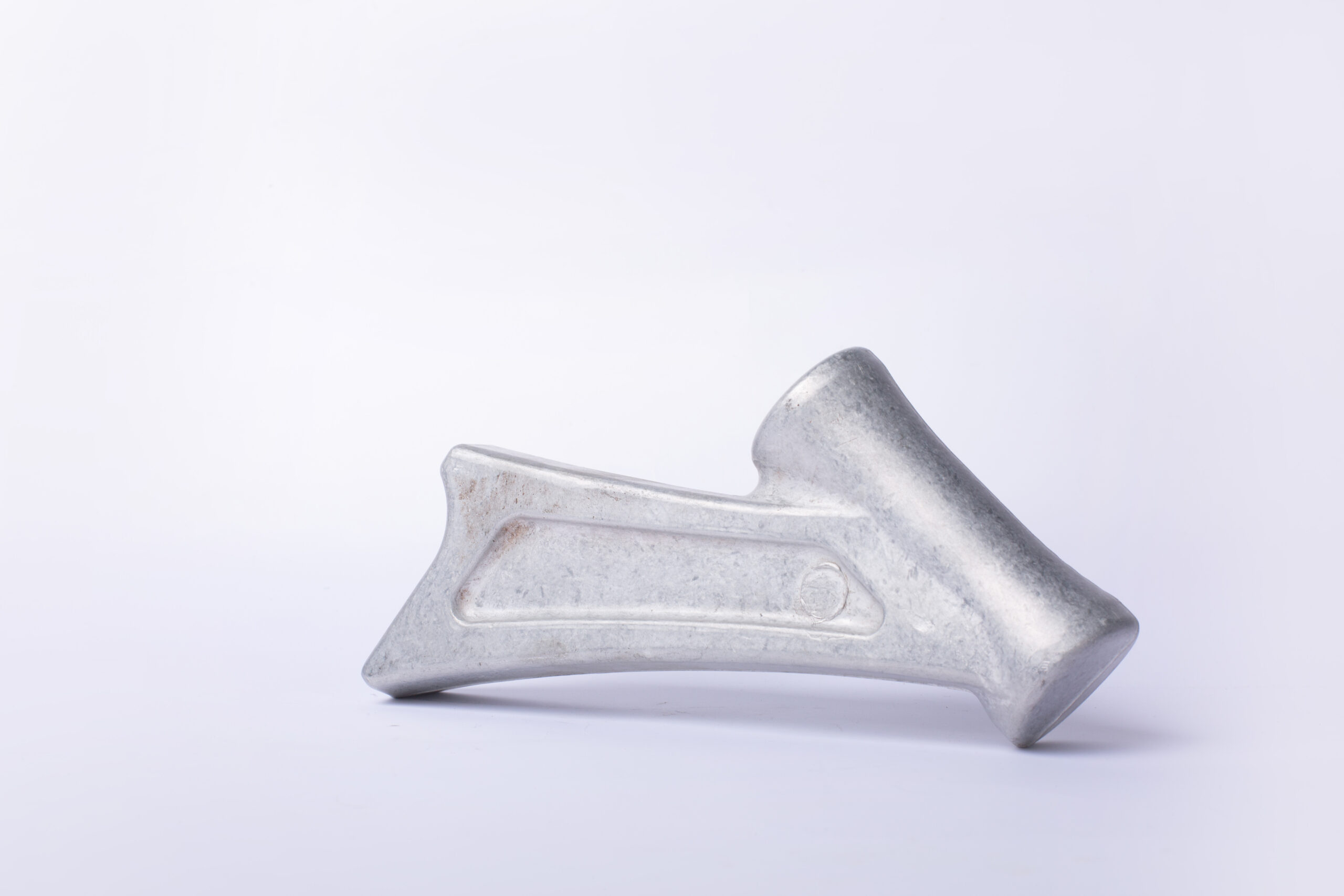
5.Are there any surface finishing options for forged aluminum materialss?
We should perform well in market competition, and the prices of forged aluminum materials products have a great competitive advantage.
Yes, there are several surface finishing options for aluminum forgings, including anodizing, powder coating, painting, and polishing.
6.What is the typical lead time for forged aluminum materials production?
We have a professional team that is committed to the innovation and development of forged aluminum materials.
The lead time for aluminum forging production can vary depending on the complexity of the part and the size of the order. Generally, lead times range from 4-8 weeks.
7.What techniques are used in forged aluminum materials?
We actively participate in the forged aluminum materials industry associations and organization activities. The corporate social responsibility performed well, and the focus of brand building and promotion
1. Closed Die Forging: This is a process in which a pre-shaped die is used to shape the aluminum into the desired shape.
2. Open Die Forging: This is a process in which the aluminum is placed between two dies and then hammered or pressed into the desired shape.
3. Roll Forging: This is a process in which the aluminum is rolled between two dies to form the desired shape.
4. Hammer Forging: This is a process in which the aluminum is placed between two dies and then hammered into the desired shape.
5. Extrusion Forging: This is a process in which the aluminum is forced through a die to form the desired shape.
6. Upset Forging: This is a process in which the aluminum is placed between two dies and then hammered or pressed into the desired shape.
8.Can non-CNC machining methods be used for finishing forged aluminum materialss?
As one of the forged aluminum materials market leaders, we are known for innovation and reliability.
Yes, non-CNC machining methods can be used for finishing aluminum forgings. These methods include grinding, sanding, polishing, and buffing.
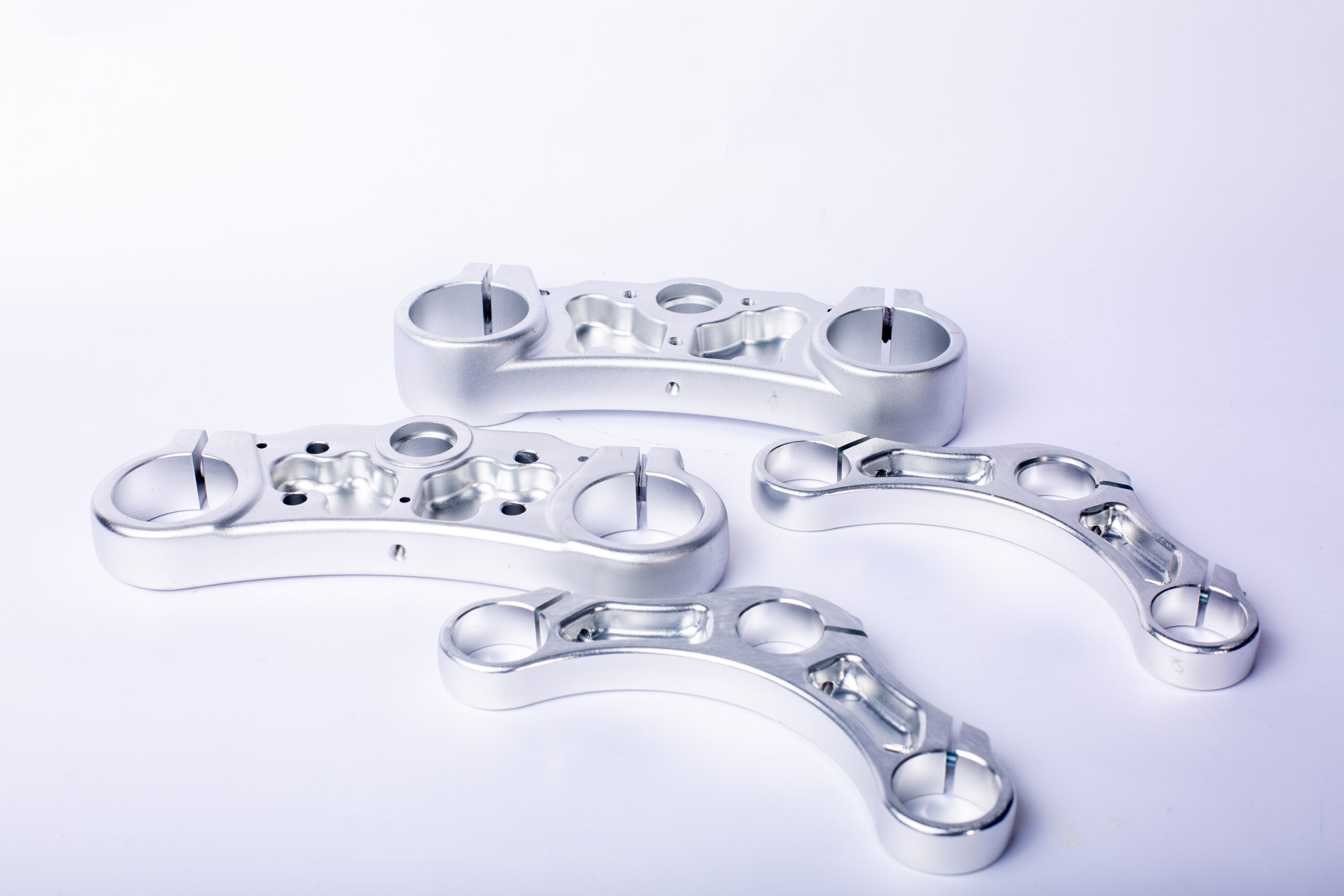
9.What factors affect the strength and hardness of forged aluminum materialss?
Our forged aluminum materials products have competitive and differentiated advantages, and actively promote digital transformation and innovation.
1. Alloy composition: The alloy composition of aluminum forgings affects the strength and hardness of the material. Different alloying elements can be added to aluminum to increase its strength and hardness.
2. Heat treatment: Heat treatment is an important factor in determining the strength and hardness of aluminum forgings. Different heat treatments can be used to increase the strength and hardness of aluminum forgings.
3. Grain size: The grain size of aluminum forgings affects the strength and hardness of the material. Smaller grain sizes can increase the strength and hardness of aluminum forgings.
4. Stress relief: Stress relief is an important factor in determining the strength and hardness of aluminum forgings. Stress relief can be used to reduce internal stresses in the material, which can increase the strength and hardness of aluminum forgings.
5. Surface finish: The surface finish of aluminum forgings affects the strength and hardness of the material. A smoother surface finish can increase the strength and hardness of aluminum forgings.
10.Can exotic alloys be used in forged aluminum materialss?
Yes, exotic alloys can be used in aluminum forgings. Exotic alloys are typically used in aluminum forgings to increase strength, corrosion resistance, and other properties. Common exotic alloys used in aluminum forgings include titanium, magnesium, and copper alloys.
11.Are there any surface treatment options for forged aluminum materialss?
Our forged aluminum materials products undergo strict quality control to ensure customer satisfaction.
Yes, there are several surface treatment options for aluminum forgings, including anodizing, powder coating, painting, and plating. Anodizing is a process that creates a protective oxide layer on the surface of the aluminum, while powder coating and painting are used to add color and texture to the surface. Plating is used to add a layer of metal to the surface of the aluminum, such as chrome or nickel.
12.What is the typical lifespan of an forged aluminum materials compared to other metal parts?
The typical lifespan of an aluminum forging is typically longer than other metal parts due to its superior strength and corrosion resistance. Aluminum forgings can last up to three times longer than other metal parts, depending on the application.
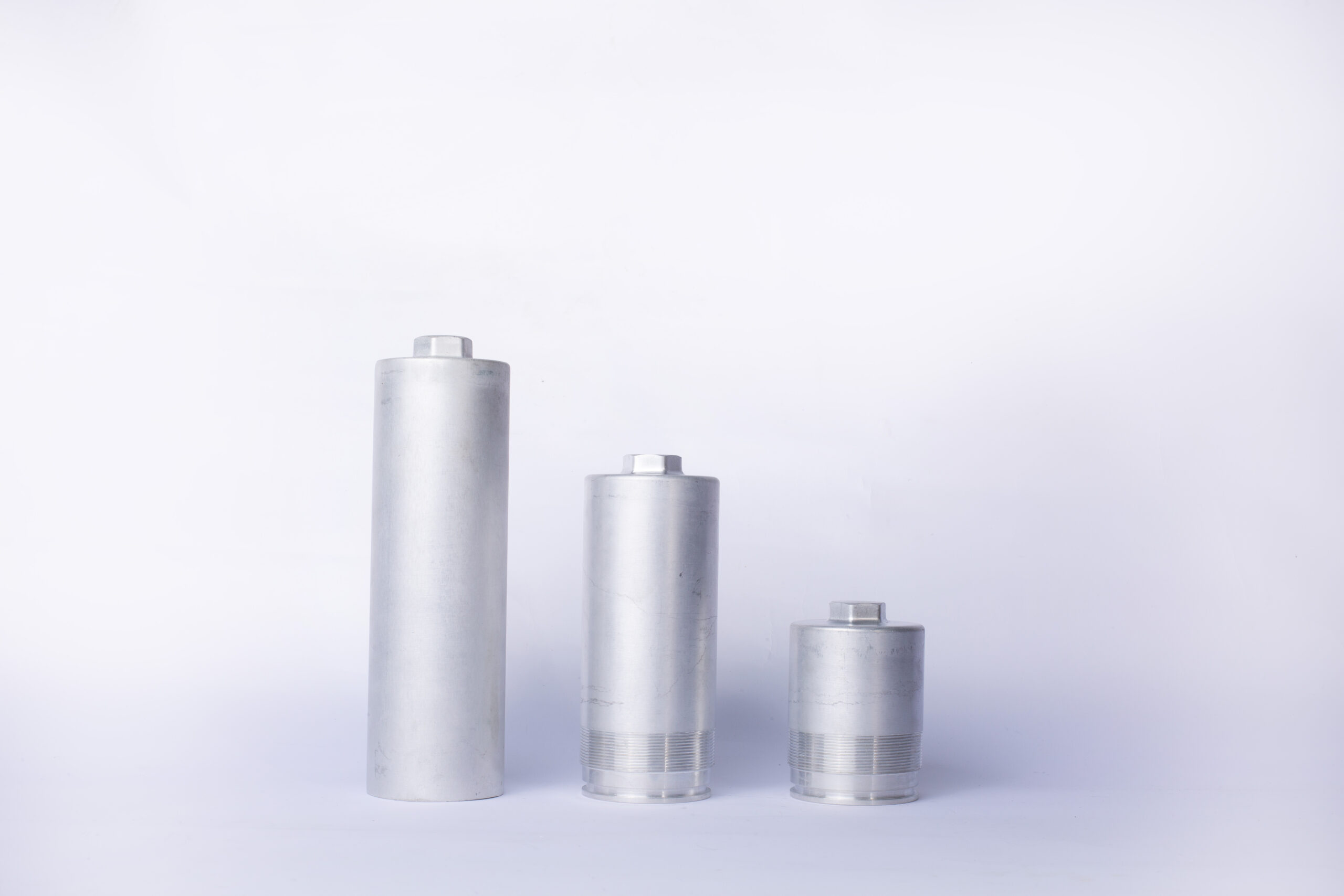
13.How does the choice of alloy affect the properties of forged aluminum materialss?
We have been working hard to improve service quality and meet customer needs.
The choice of alloy affects the properties of aluminum forgings in a variety of ways. Different alloys have different levels of strength, ductility, corrosion resistance, and other properties. For example, some alloys are stronger and more durable than others, while some are more resistant to corrosion. Additionally, some alloys are better suited for certain applications than others. For example, some alloys are better suited for high-temperature applications, while others are better suited for low-temperature applications.
14.How does the choice of die affect the final product in forged aluminum materials?
We have established a good reputation and reliable partnerships within the forged aluminum materials industry.
The choice of die affects the final product in aluminum forging in several ways. The die design determines the shape of the final product, as well as the surface finish and dimensional accuracy. The die material also affects the final product, as different materials have different properties that can affect the strength and durability of the final product. Additionally, the die size and shape can affect the amount of force required to form the aluminum, as well as the amount of time it takes to complete the forging process.
15.About forged aluminum materials MOQ
The minimum order quantity (MOQ) for aluminum forging depends on the size and complexity of the part being forged. Generally, the MOQ for aluminum forging is between 500 and 1000 pieces. However, some aluminum forging companies may be willing to accept orders for smaller quantities.
Tag:everlast forged aluminum,forged aluminum truck,forge aluminum at home,forged aluminum wheel
Product Inquiry
We will respond within 12 hours, please pay attention to the email “@163.com” or “@alumforge.com”.
Also, you can go to the Contact Page, which provides a more detailed form, if you have more inquiries for products or would like to obtain OEM service.
Our sales experts will respond within 24 hours, please pay attention to the email with the suffix “@163.com”.